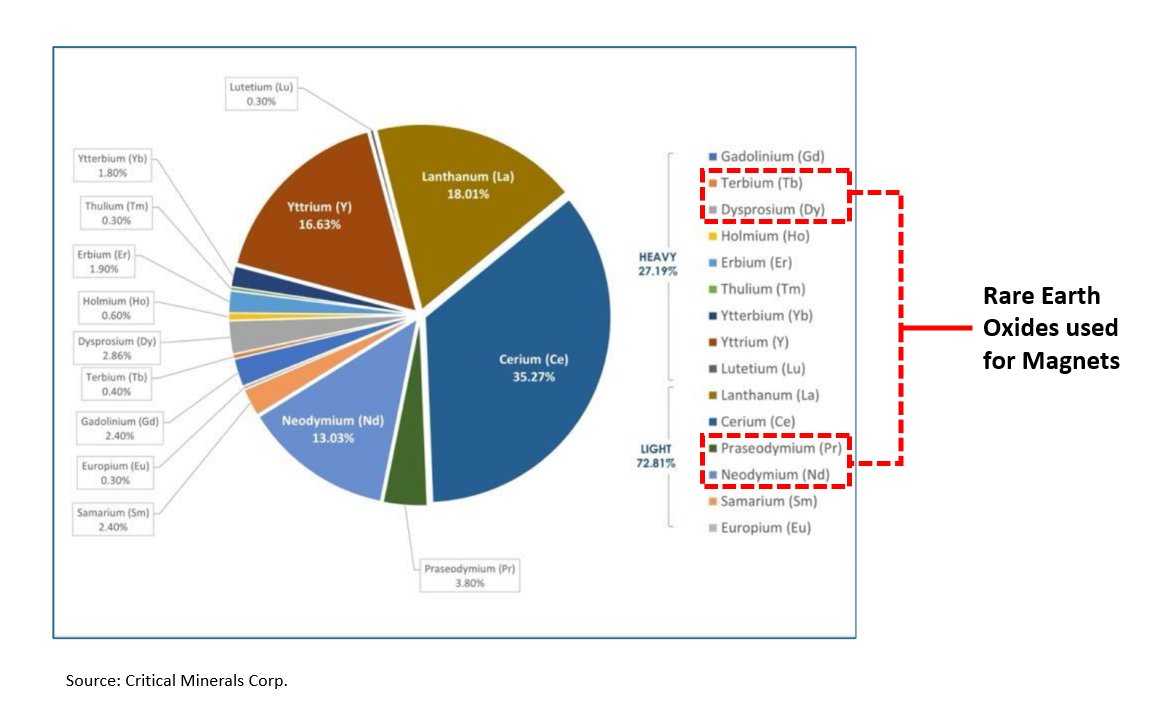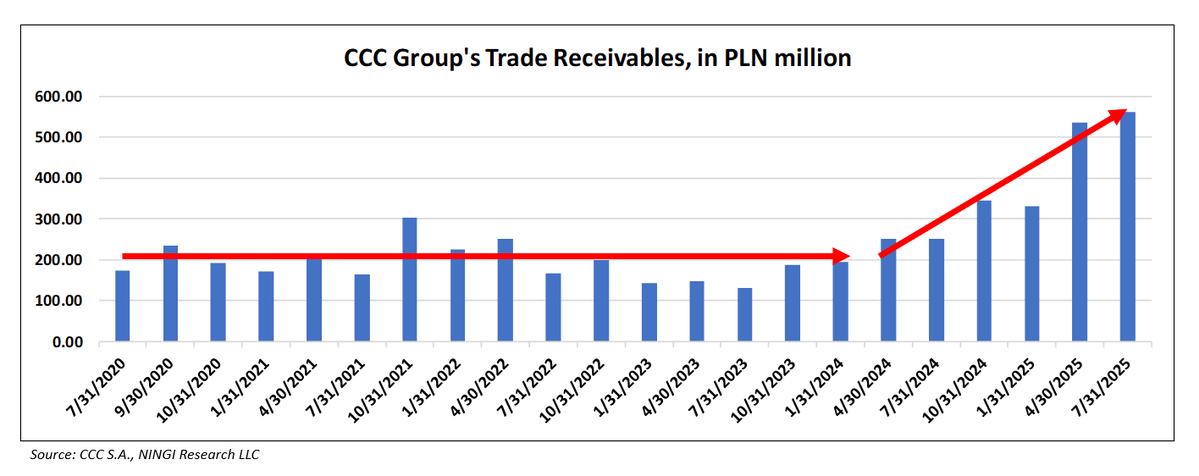We are short Arbor Realty Trust ($ABR), a Mortgage REIT focused on real estate bridge financing. We believe $ABR hid debt off-balance, faked revenue and hundreds of millions of dollars are missing. We think the stock is downside up to 67%, read our report: ningiresearch.com 

$ABR owns a toxic and worthless portfolio of mobile homes called Lexford/Empirian, loaded with $582m of debt. Arbor secretly invested millions into wholly-owned Lexford but shareholders only received 4.1% of total profits. More than $159m is missing. 

By hiding Lexford Arbor Realty Trust saved itself from technical insolvency in the past. Till 2017 $ABR’s book value was negative. Viewed in isolation, consolidating #Lexford leads to a 24% lower BVPS, read our report: ningiresearch.com 

$ABR claims to generate revenue from escrow accounts. We believe the revenue is fake and the billions in escrows as well. Otherwise, $599m of escrows disappeared overnight. Adding up single items leads to hundreds of millions of delta in Arbor’s escrow accounts. 

Fundamental information about $ABR repo facilities is not disclosed. This leads to an Archegos-like situation because nobody has basic about the parties, conditions, agreements, and risks involved in the repurchase facilities. $2.5bn of repos are subject to margin call provisions
$ABR’s net income is severely overstated. We believe Arbor understated its allowance for credit losses by $119.5m for 2022. For $13bn in loans, $ABR recorded $37m, but $4.4bn loans are assigned a “Special Mention” or “Substandard” rating. 

$ABR recorded zero allowance for its $1bn in single-family rental loans despite 94% of SFR loans being downgraded since origination. The SFR loans are construction loans and riskier in nature than regular bridge loans. 



$ABR’s revenue, net income and EPS adjusted for its fake escrow revenue and missing CECL allowance is significantly lower for $ABR, For 2022 Non-GAAP metric distributable EPS (which skewed positively re CECL allowance) is still $0.27 lower, past years are lower as well. 

Most of Arbor’s peers trade at a discount to book value. Arbor trades at 1.2x of common book value per share. We think, $ABR's stock is significantly overvalued and median downside is 55%, at worst it’s 69%. Read our report: ningiresearch.com 

• • •
Missing some Tweet in this thread? You can try to
force a refresh



















